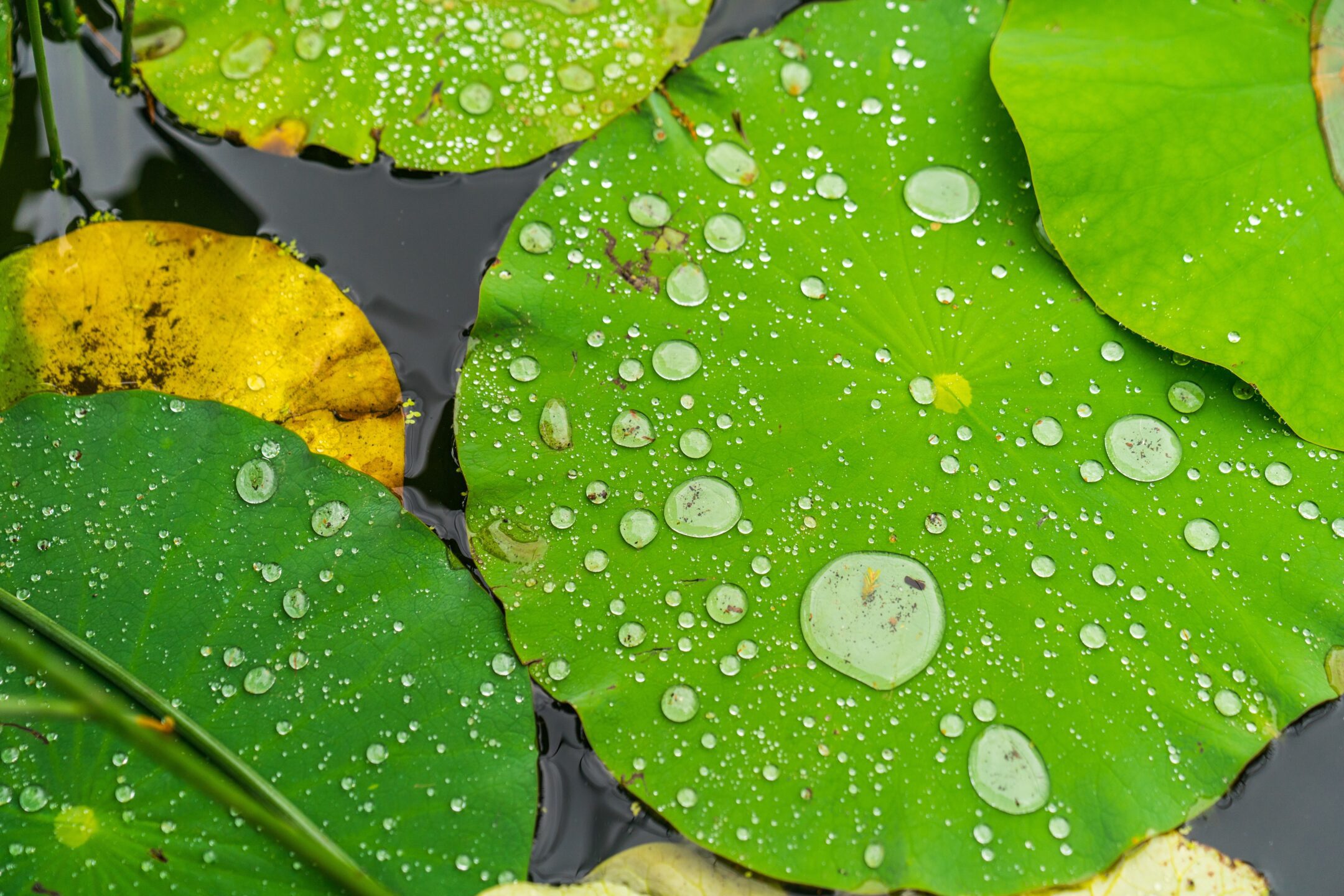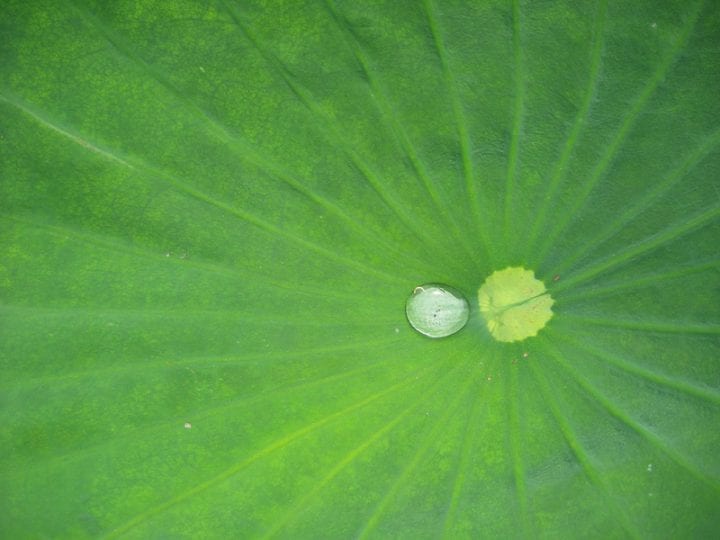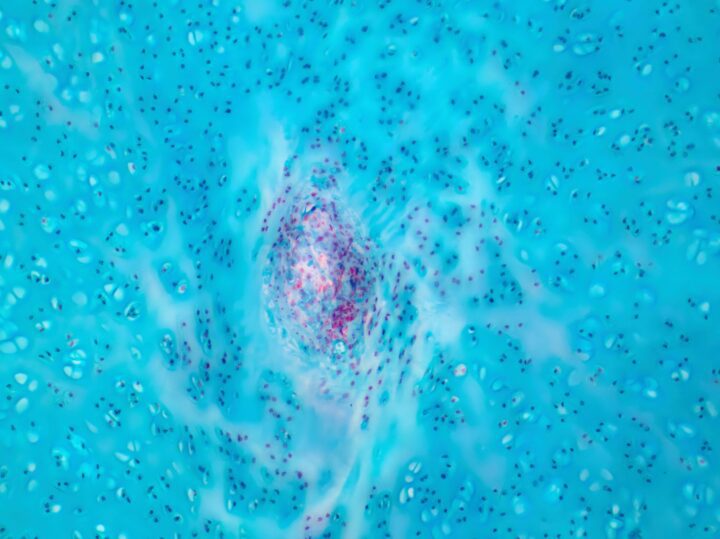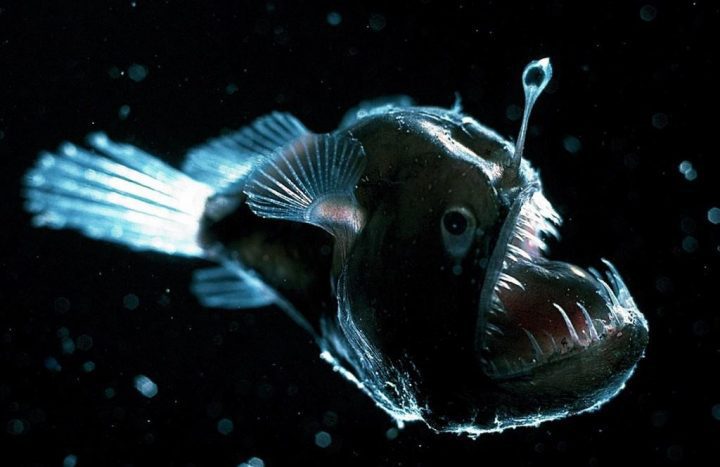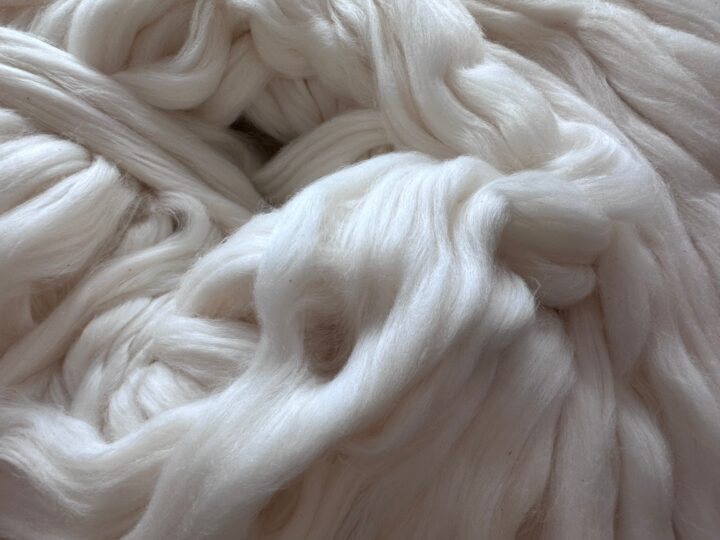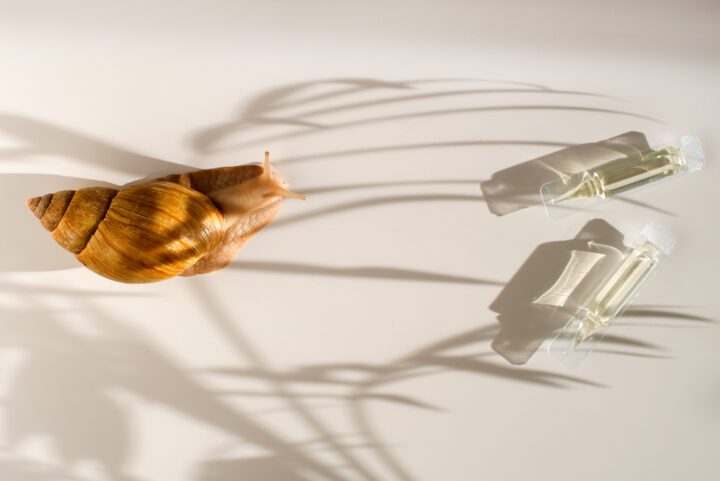Cellulotech imparts a superhydrophobic lotus effect on products made from cellulose, like paper, via green chemistry.
Benefits
- Replace unsustainable materials
- Waterproof packaging
Applications
- Packaging
- Construction
- Textile manufacturing
- Hygiene and healthcare
UN Sustainable Development Goals Addressed
-

Goal 11: Sustainable Cities & Communities
-

Goal 12: Responsible Production & Consumption
-

Goal 13: Climate Action
The Challenge
Paper-based materials currently require the addition of layers or coatings made of toxic materials like plastics, waxes, and PFAS, also known as forever chemicals, to protect them from elements such as water and grease. Protecting products made of , one of Earth’s most abundant and recyclable organic compounds, and giving them strength and functionality they need at a low cost, has remained a challenge, until now.
Biological Model
In nature, the lotus leaf exhibits superhydrophobicity, shedding water droplets across the leaf’s surface without wetting it. This phenomenon is the result of the surface’s textured microstructure and the composition of tiny wax structures made of long-chain fatty acids repelling the water from the surface. In particular, the highly textured microsurface of the leaf reduces its liquid-to-solid contact area, consequently reducing the adhesive force between the water droplets and the leaf’s surface. The additional hydrophobic nature of the wax crystals on its surface further enhances the lotus leaf’s superhydrophobicity.
Innovation Details
Cellulotech, Inc. has developed a new green chemistry process that allows them to give added qualities to cellulose, the most abundant organic compound on earth. This development enables engineers to transform standard materials, such as paper, cardboard, and other cellulose-based products, into high-performing ones, enabling the transition away from harmful coatings such as plastics, PFAS, and silicone. Using inspiration from the superhydrophobicity (extreme water repellency) of the microtexture on a lotus leaf, Cellulotech’s new green chemistry technique uses bio-based reagents to change the quality of materials from water-loving to water-repellent. Improving the function of the material’s surface through this process, without the use of toxic coatings, maintains its original feel, as well as its recyclability.
Cellulotech’s green chemistry process can also treat coatings to repel grease, oxygen, and vapor, all without impacting the material’s recyclability. Their innovative technology adds value for various industries including packaging, construction, textile manufacturing, and healthcare, all while reducing waste and manufacturing emissions.
The Human Factor
Daniel Samain’s journey to founding Cellulotech began with an unexpected discovery on Christmas Eve 1996, while he was trying to create a fun gift for his children using invisible ink. In the process, he stumbled upon a remarkable reaction: the paper he was using became fully superhydrophobic, just like the lotus leaf’s natural ability to repel water. Intrigued by the potential of this effect, Daniel—an organic chemist with experience in the pharmaceutical industry—realized he had uncovered something powerful: a green chemistry approach to imparting the lotus effect on products like paper made from cellulose, using minimal reagents. Though the packaging industry showed early interest in this discovery, it lacked the scalable process needed to bring this innovation to its full potential. Driven by the need to harness this breakthrough and share it with the world, Cellulotech was founded. Today, the company is turning Samain’s vision into reality, revolutionizing the way we think about sustainable and superhydrophobic materials that are as effective as they are eco-friendly.
Ray of Hope Accelerator
The Ray of Hope Accelerator supports an annual cohort of ten high-impact nature-inspired startups representing various sectors and regions addressing the world’s biggest environmental and sustainability challenges. The accelerator builds upon years of experience as the Ray of Hope Prize (2020-2023), which was created in honor of Ray C. Anderson, a business and sustainability leader and founder of Interface, Inc. Cellulotech, Inc. was a participant in the 2024 Ray of Hope Accelerator.
AI on AskNature
This page was produced in part with the assistance of AI, which is allowing us to greatly expand the volume of content available on AskNature. All of the content has been reviewed for accuracy and appropriateness by human editors. To provide feedback or to get involved with the project, contact us.
